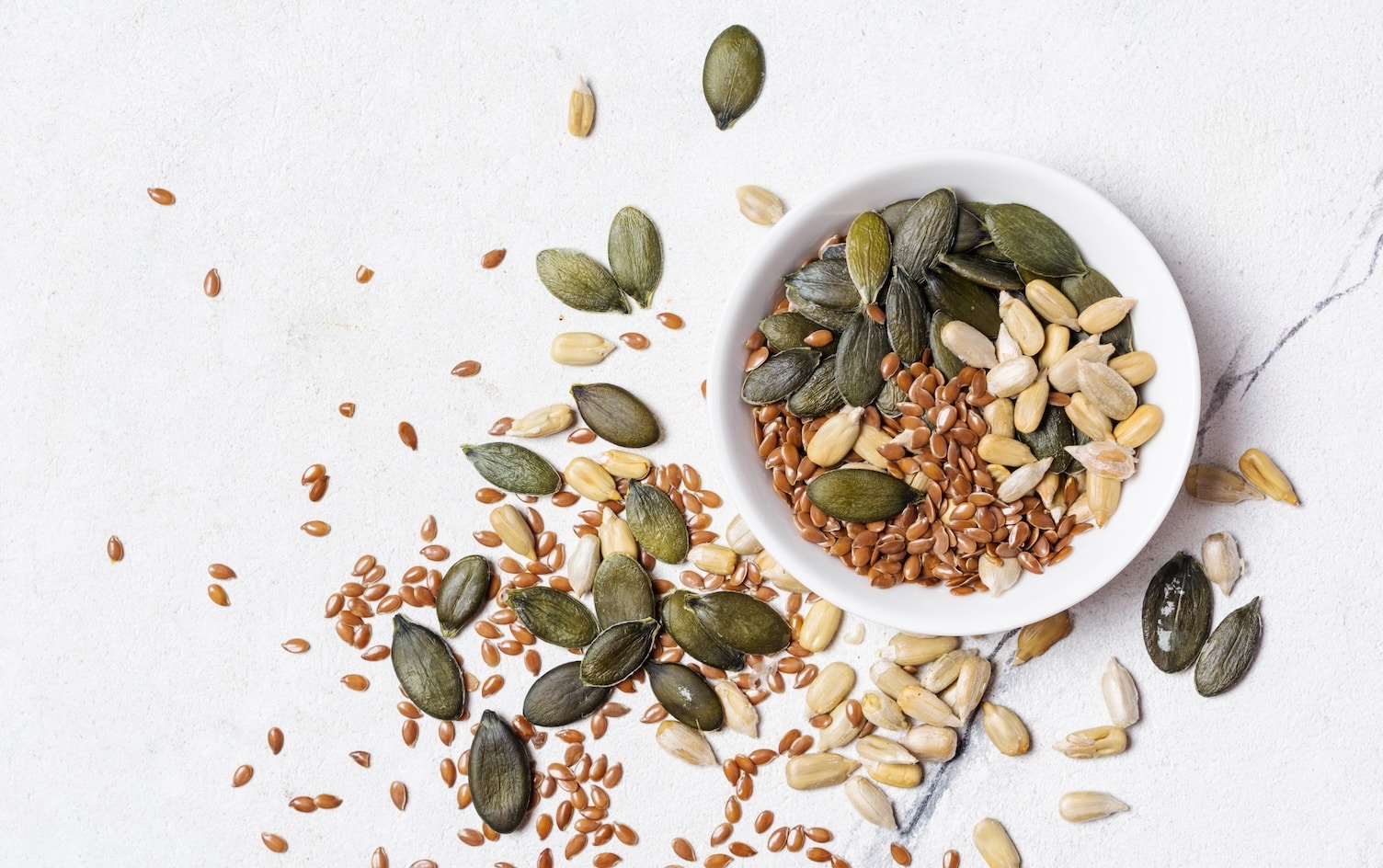Individualized nutrition — that is, assessing an individual, getting to know them and developing goals and behavior changes based on their individual lifestyle, medical history, etc. — is extremely important when it comes to making lasting changes to health. Generalized recommendations tend not to work as well (e.g, diets!). Plus, many people want a plan that is tailored to them, not any Jane Doe or Joe Schmoe off the street. This is why I can (maybe) see the initial appeal of the “blood type diet,” as it seems to be a bit more specific to a few groups of people depending on your blood type. However, I am not convinced there is any science to back up the most common claims — better health and weight loss — related to the diet. Let’s get into the details.
WHAT IS THE BLOOD TYPE DIET
The blood type diet appears to have been developed and promoted by a naturopath in the ‘90s, who wrote a popular book on the topic. He claimed people should follow specific dietary patterns based on their blood type (A, B, AB and O), and the reason for this is both genetic and linked back to diets our ancestors evolved to consume and thrive off of. (OK, I am asking myself, but how does he really know this?) Each blood type is given a name associated with a type of ancestor (i.e., the “nomad” or “hunter”) and a list of food rules. One group must avoid red meat, another has to avoid wheat and corn, but can eat red meat, another can’t have kidney beans and chicken, and the last one can’t have grains or legumes but the diet is high in animal protein. In general, these diets range from vegetarian to a Paleo-type diet. To take this further, the theories of this diet are also based on the potential effects of lectins, proteins found largely in raw legumes, which may interact negatively with the gut and cause clumping of red blood cells with certain blood types. Of course, the promise is better health and often weight loss if you follow the diet for your blood type.
THE SCIENCE (OR LACK THEREOF)
To be frank, there is none. There was even a 2013 review of available articles and studies, finding no evidence of health benefits from the blood type diet. Not one single study supporting the claims of this diet exists, which just goes to show anyone can write or talk about a diet or nutrition and not have the evidence to back it up. It also has to be said that if a diet or nutrition theory is super popular and backed by your favorite social media influencer, that doesn’t mean it’s legit or has any science behind it. The theory on lectins can be squashed fairly easily as well, because lectins in raw legumes are destroyed when they are cooked.
CLICK TO TWEET THIS ARTICLE > Is the blood type diet legit or just another diet fad? An RD weighs-in via @MyFitnessPal #myfitnesspal
WHAT TO DO INSTEAD
Some of the ideas of the “blood type diet” aren’t all bad because they involve eating more plants and less processed food. And if following those principles has helped with your health goals, then by all means continue. But, general good nutrition advice often involves eating more plants and less processed food too, and it’s not at all tied to your blood type. The real task is how to incorporate these general improvements in nutrition in a way that fits into your individual life. For example:
- Cooking at home 3–4 nights per week
- Adding a green vegetable to your lunch
- Starting a “meatless Monday”
- Weekend meal prepping for weekday lunches
- Eating breakfast, period
- Including a protein source with breakfast
- Adding a salad or roasted vegetable to your dinner
- Snacking on fruit and nuts
- Eating regularly (no skipping meals!)
These are all common goals I work on with clients who are just starting out, but even these can be further individualized based on lifestyle, goals, likes and dislikes. That is how long-lasting healthy behavior change happens.
THE BOTTOM LINE
There is zero science behind any health benefits of diets tailored to specific blood types. However, the idea of individualized nutrition recommendations is absolutely where the field of nutrition and dietetics is going (it’s just based on you as a whole human, not what your blood type is!). Seeking advice from and working with a registered dietitian can be a great place to start, as well as really thinking about your health goals and what healthy behavior changes may work best for you in your current stage of life.
Make progress every day while you work on mini fitness and nutrition goals, like walking more steps or learning to track macros. Go to “Plans” in the MyFitnessPal app for daily coaching and easy-to-follow tasks to keep you motivated.




